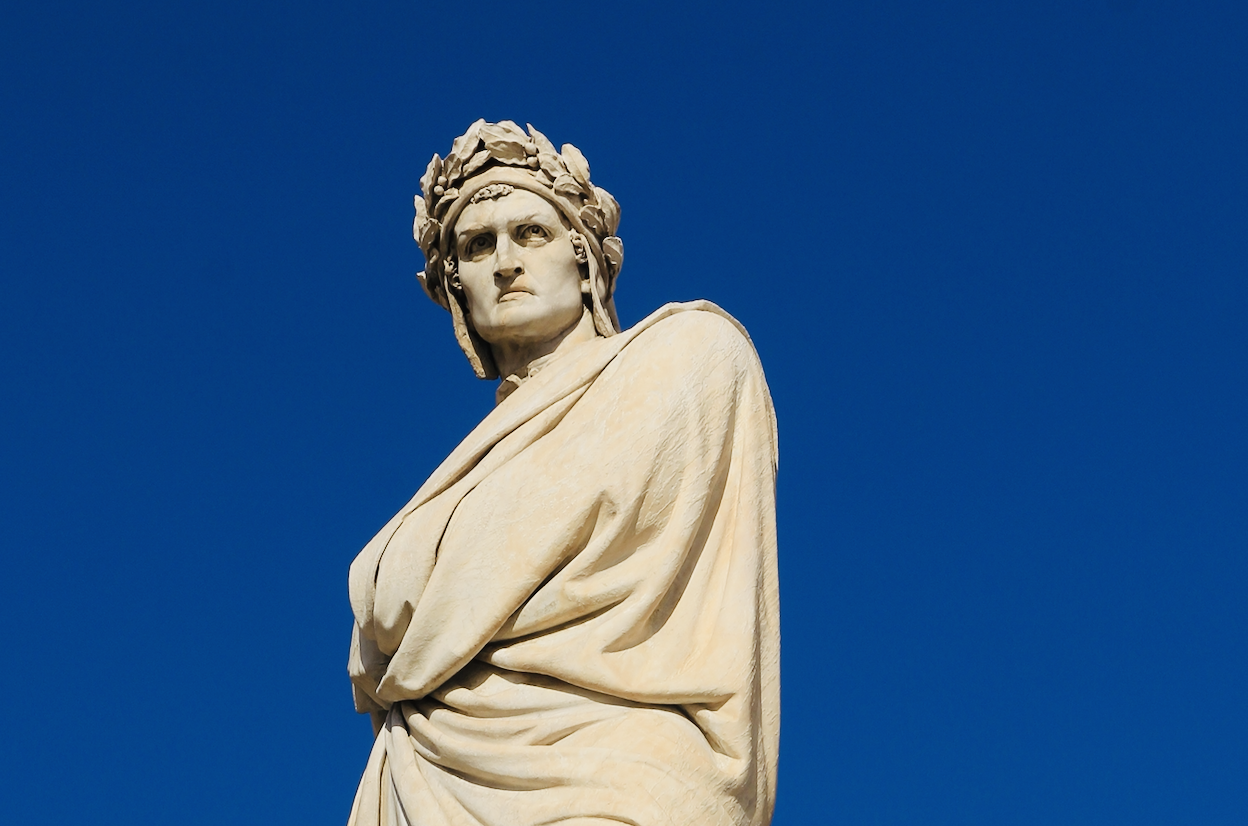Dante, the legendary poet who passed away seven centuries ago, was born in Florence in 1265 and died and was buried in Ravenna in 1321.
His seminal work, The Divine Comedy, is widely considered to be the preeminent work in Italian literature and one of the greatest works of world literature.
The epic poem, which is split into three parts and traces a pilgrim’s journey through hell, purgatory and heaven, was written in the vernacular Tuscan dialect to make it accessible to the masses, instead of Latin.
His choice had such a great impact on writers at the time that the Tuscan dialect formed the basis for modern Italian, which is why the poet is known as “the father of the Italian language.”
The iconic piece took Dante 12 years to write, and he finished it just one year before his death at the age of 55.
On March 25th, Pope Francis and the Italian president, Sergio Mattarella, both paid tribute to the poet to mark Dante Day.
The pope wrote that Dante remained a “prophet of hope and witness to the human desire for happiness,” especially at this “moment in history”.
Free virtual exhibits that honor the poet and celebrate his work are being held now in Italy. Click here and explore his legacy.
Make the pledge and become a member of Italian Sons and Daughters of America today!


